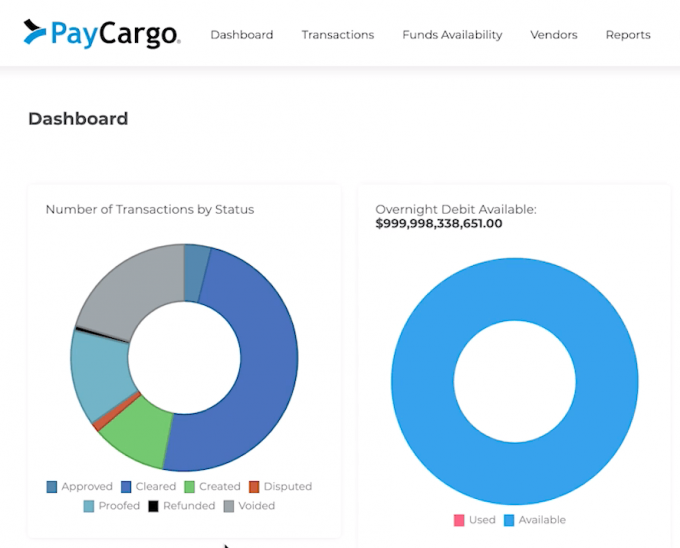News in Brief podcast | Week 30 2024 | Surcharges, strikes and IATA's stressful settlements
In this episode of The Loadstar’s News in Brief Podcast, host and news reporter Charlotte Goldstone ...

PayCargo has launched itself with much fanfare into the air cargo industry.
The firm began its business – instant payments between forwarders/agents and carriers – a decade ago in the ocean freight trade, building up some 2,500 vendors on its books and nearly 13,000 payers.
And its popularity is continuing, according to its chief executive officer for the Americas, Lionel van der Walt.
“This is a big marketplace that’s so behind in terms of tech,” he said. “There is huge opportunity.
“PayCargo is doubling its revenues and ebitda every year; we are a ...
Amazon pushes into LTL for small package fulfilment and UPS does a u-turn
New senior management for DSV as it readies for DB Schenker takeover
Volumes set to 'fall off a cliff' as US firms hit the brakes on sourcing and bookings
Asian exporters scramble for ships and boxes to beat 90-day tariff pause
Temporary tariff relief brings on early transpacific peak season
'Tariff madness' will prompt renegotiation of ocean shipping contracts
Forwarders 'allowing the fox into the chicken run' by supporting 'hungry' carriers
Response to tariffs by Chinese importers may see extra costs for US shippers


Comment on this article